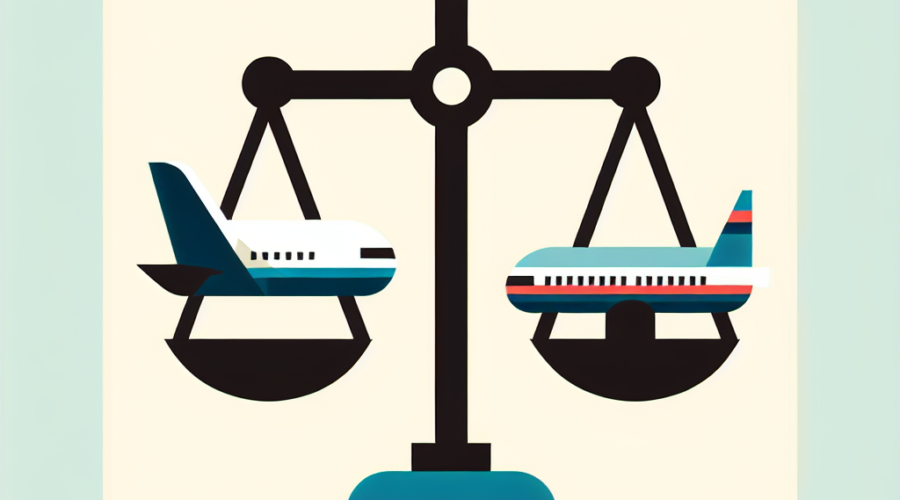Hawaiian Airlines and Alaska Airlines Partnership: A Legal Victory and Its Implications
Key Highlights:
- A US judge dismissed a consumer lawsuit challenging the partnership between Hawaiian Airlines and Alaska Airlines.
- The ruling clears the way for the airlines to proceed with their strategic alliance, despite concerns over reduced competition and higher fares.
- The case highlights the complexities of antitrust laws and the ongoing debate over consumer interests in airline industry consolidation.
The Lawsuit and Its Dismissal
A group of consumers filed a lawsuit against Hawaiian Airlines and Alaska Airlines, alleging that their proposed partnership would violate antitrust laws by reducing competition, leading to higher fares and lower service quality. However, a US judge has dismissed the lawsuit, ruling that the plaintiffs failed to provide sufficient evidence to support their claims.
The judge’s decision is a significant victory for the airlines, allowing them to proceed with their strategic alliance. The partnership aims to enhance customer experiences and offer more travel options, according to the airlines’ press releases. However, consumer advocacy groups have expressed concerns about the potential impact on competition and consumer welfare.
Antitrust Laws and Airline Industry Consolidation
The case highlights the complexities of antitrust laws and their application in the airline industry, which has undergone significant consolidation in recent years. According to a McKinsey report, the number of major US carriers decreased from 12 to 5 between 2000 and 2015, raising concerns about competition and consumer welfare.
The legal reasoning behind the dismissal centers on the fact that the partnership does not involve a merger or acquisition, and the airlines will continue to operate independently. However, critics argue that such partnerships can still reduce competition and harm consumers.
Historical precedents, such as the US Airways/American Airlines merger in 2013, provide insights into the legal interpretations and regulatory scrutiny surrounding airline consolidation. In that case, the US Department of Justice challenged the merger, ultimately resulting in a settlement that required the airlines to divest some assets to preserve competition.
Consumer Interests and Market Reaction
Consumer advocacy groups have long expressed concerns about the impact of airline consolidation on ticket prices and service quality. A study by the National Consumers League found that airline consolidation can lead to higher fares and reduced service quality, highlighting the importance of preserving competition.
The dismissal of the lawsuit has sparked debate about consumer interests and rights in airline mergers and partnerships. While the airline industry and stock market have reacted positively to the ruling, consumer groups remain wary of the potential consequences for consumers.
Industry analysts predict that the partnership between Hawaiian Airlines and Alaska Airlines will enhance the competitiveness of both airlines and lead to increased efficiency and cost savings. However, some experts warn that further consolidation in the industry could lead to reduced competition and higher fares in the long run.
Outlook for the Airline Industry and Consumer Welfare
The ruling sets a precedent for future airline partnerships and mergers, potentially changing the competitive landscape of the industry. While consolidation can bring cost savings and improved efficiency, it also raises concerns about consumer welfare and the preservation





